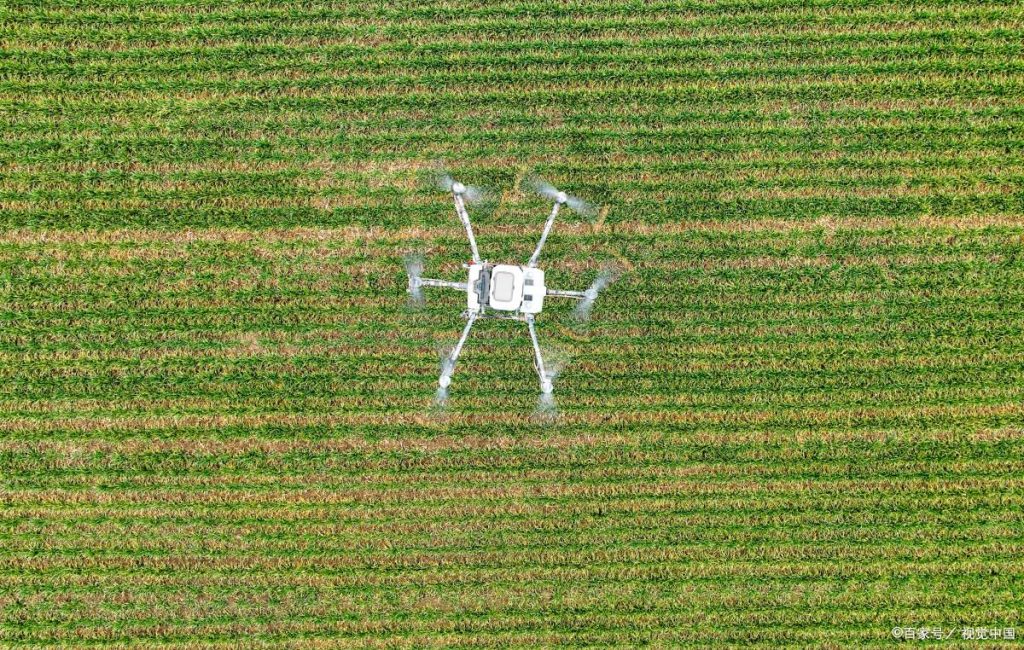Recently, the pioneer enterprise in the domestic drone market, DJI Innovation, announced the launch of an intelligent agricultural spraying and control drone – DJI MG-1 Agricultural Plant Protection Machine, officially entering the field of drone agriculture. With the release of the news, discussions about the application of drones in the agricultural field have once again heated up. The market generally believes that with the popularity of market concepts and the increase in government subsidies for agricultural machinery, following the consumer drone market, another wave of hot money will quickly flow into agricultural sub sectors.
It is reported that the DJ drone’s pesticide spraying pump adopts intelligent control and is linked to flight speed. During the operation, it scans the height fluctuations of the plant surface in real-time, automatically maintaining a distance from the crops to ensure uniform spraying. Users can choose three operation modes based on different terrain conditions: intelligent, auxiliary, and manual, without the need to plot farmland in advance. During flight, they can directly plan the route for automatic spraying.
In fact, applying drones to the agricultural field is not the first innovation in DJI. Many enterprises have been focusing on this for a long time, but the promotion effect is not ideal. Due to the diverse forms of agricultural pesticide spraying in China, the high price of drones does not seem to be very cost-effective, which is also one of the main reasons for the difficulty of promotion.
At present, the price of agricultural drones on the market is generally over 80000 yuan, which is enough to deter ordinary farmers, and this also limits the purchasing population to be mostly the government or rural credit cooperatives.
And technically, it also limits the application of drones in agriculture. Due to the technical difficulties in operating and using plant protection drones, it is difficult for farmers to operate and use them independently and accurately without corresponding training. Moreover, as a plant protection drone for spraying operations, its usage frequency is much higher than that of drone products in the general field, and its failure rate and repair frequency will also be correspondingly increased. If not properly handled, agricultural drones may eventually become mere devices.







Please sign in to comment
register